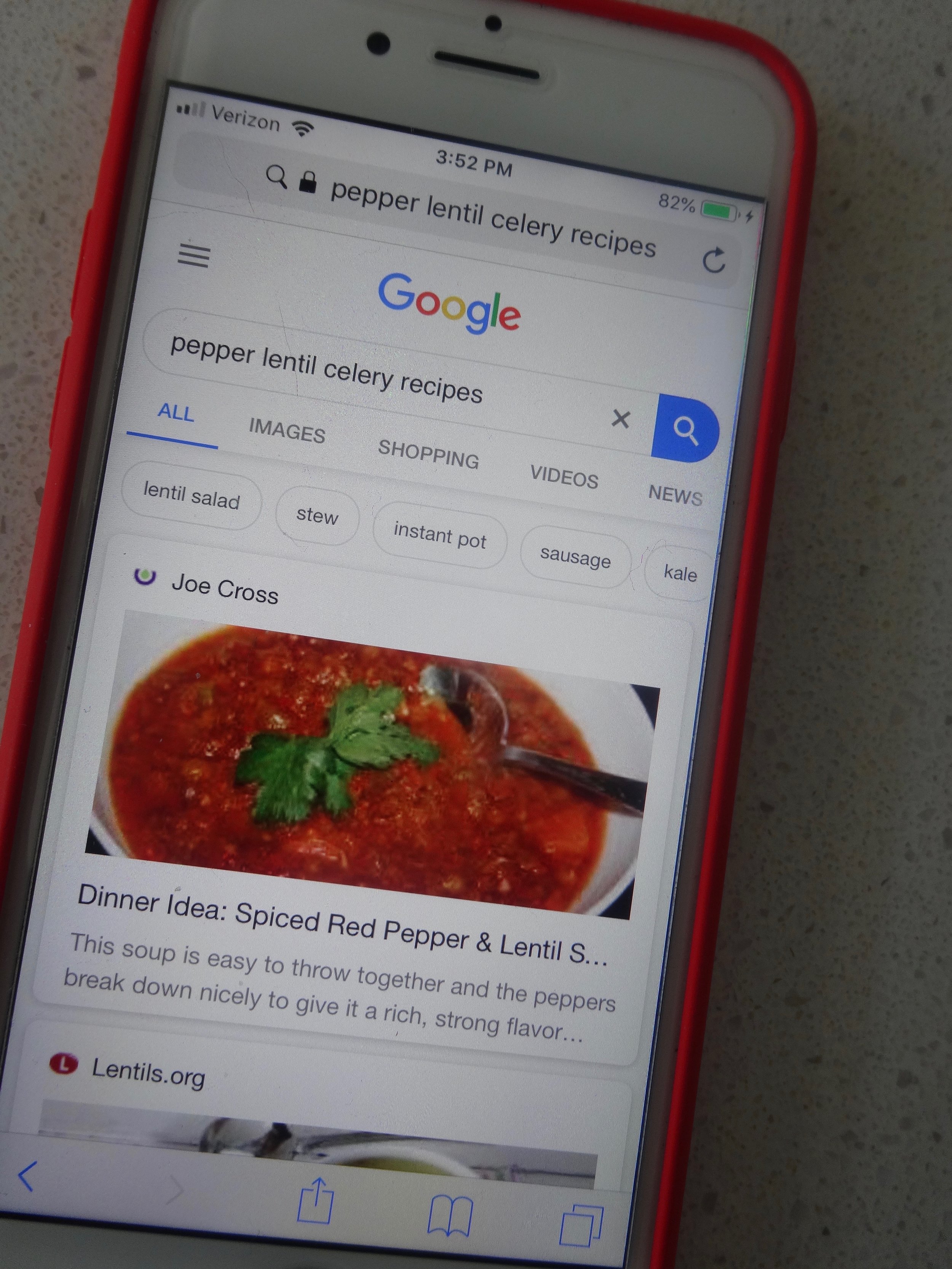Artificial intelligence and technology are weaving themselves into our lives to the point where we don't even realize how dominated we already are by it. Already much of our lives happen in or behind the computer or smart phone screen. Already most of our work is software based or supported. Already much of our leisure time activities are brought to us through Facebook groups, apps such as Meet-up, and online event calendars. Even the yoga class get's scheduled and paid through an app, and you can make the restaurant reservation through another one. People's cellphone home screens look like a stamp collection.
Most corn, soybeans and cotton in the US is genetically modified, a technological process that allows the introduction of genetic features from a different species, even animal, in order to force certain features on the organism, such as insect or drought resistance. Animals can be genetically modified as well and supposedly GMO salmon will soon enter the market.
In utero testing during pregnancy allows verification of the existence of genetic diseases, with the option to abort. Last year, a Chinese scientist was rebuked by the international scientific community for going a step further. With the help of the gene editing technique Crispr he altered a gene in two Chinese twin embryos before implanting them in utero with the goal of making the girls resistant to HIV infection.
This of course raises the question where we're going with this, a question Yuval Noah Harari eloquently explores in his books, 21 Questions for the 21st Century and Homo Deus. Is the next step the manipulation of human genetic material, not to safeguard us from hereditary genetic diseases, but simply to make us better, super humans of sorts? Are we then not approaching what we so condemned about the Nazi regime? Will this create a super human class for and of those who can afford such interventions with the rest of us left behind in servitude?
Perhaps the question is bigger yet. What makes us human? Is it our flaws and foibles, our complete individuality, even our mortality? If so do we have to accept the good with the ugly? Will we become less human if we seek technologically manipulated superiority? Will we seek immortality? Is immortality on the physical level even achievable? What role does consciousness play in the definition of humanness?
Will we ultimately have to realize that the answer to our humanness cannot be found on the physical plane, in technology and artificial intelligence, and that immortality already exists, albeit on the spiritual plane? How far will we take this experiment to find out our true humanity?





